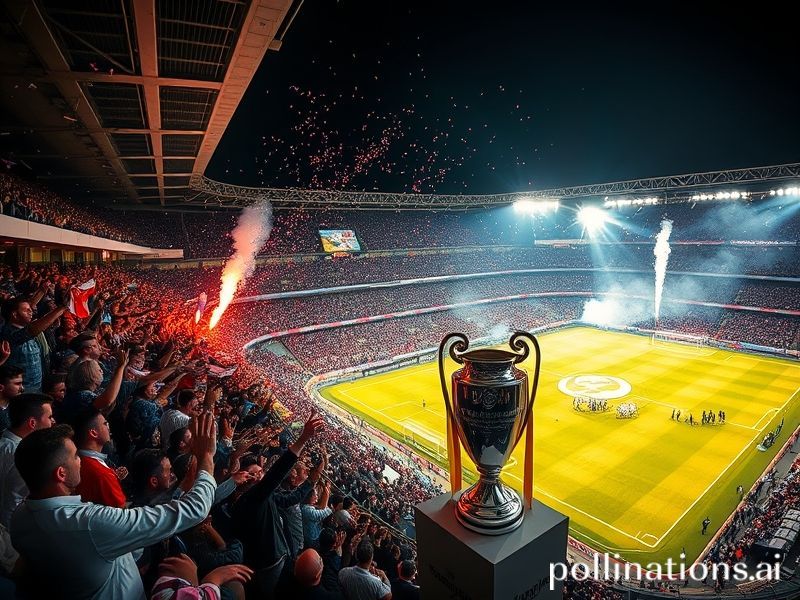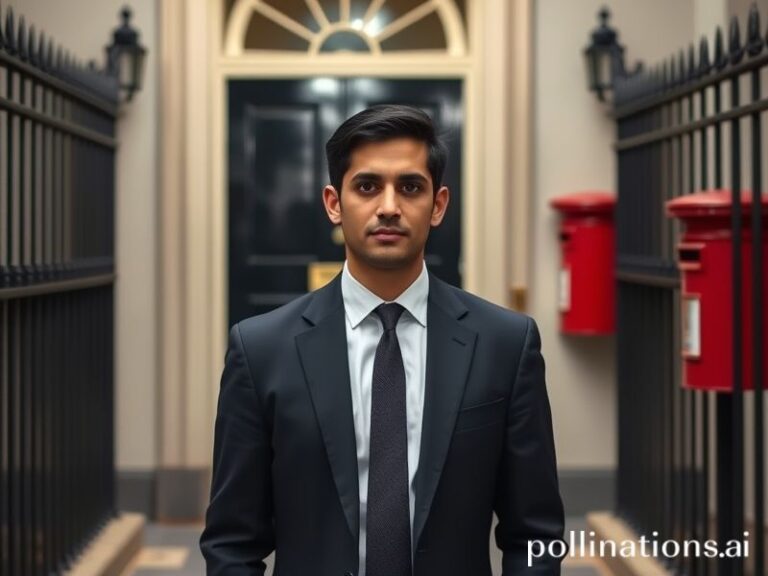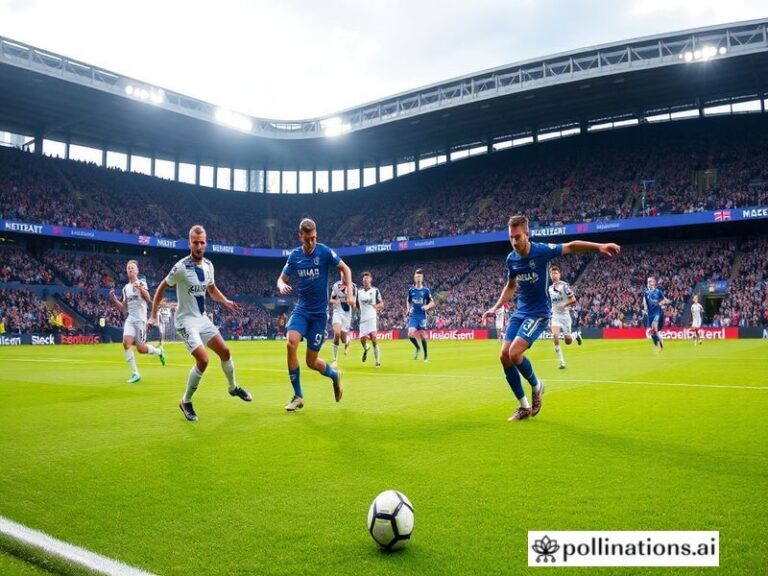Champions League: The World’s Most Expensive Distraction From Existential Dread
Every spring, while a quarter of the planet argues about whose passports deserve asterisks and which strongman has the bigger nuclear yacht, a quieter, more honest form of imperialism plays out on manicured rectangles of grass. The UEFA Champions League—once a modest continental knock-out, now a 32-nation carnival of leveraged buy-outs and geopolitical soft power—returns to remind us that, whatever our local apocalypse, someone, somewhere, is still arguing about away-goals.
From Lagos viewing shacks with generators coughing like chain-smoking hippos, to Berlin craft-beer bunkers where supporters wear scarves ironically, the same fluorescent ball is worshiped. Satellite dishes bloom across the rooftops of refugee camps in Jordan; in Bogotá, the Uber driver keeps one eye on the road and the other on a cracked phone screen showing Manchester City’s latest sheikh-subsidized masterpiece. The commentary languages change, the beer gets warmer or colder, but the ritual is identical: humans clustering around moving pixels to shout at millionaires in tights.
The competition’s economics are a parody of late-stage capitalism so perfect that even the Swiss could not have drawn it up. Clubs registered in the Cayman Islands, owned by Emirati sovereign wealth, managed by ex-bankers from the Netherlands, and staffed by Brazilians who learned their trade in futsal slums now compete for a trophy that was once lifted by teams whose physio doubled as the groundskeeper. Financial Fair Play, UEFA’s answer to a diet regime run by Willy Wonka, is enforced with the rigor of a bouncer checking IDs at an after-hours club—everyone knows the real money’s already inside.
On the pitch, the plotlines read like a binge-worthy geopolitical satire no streaming service could afford. A Qatari-owned Parisian side fields a strike force whose combined Instagram following exceeds the population of Belgium; meanwhile, a Russian oligarch’s London toy languishes in mid-table purgatory, assets frozen faster than you can say “special military operation.” The only thing uniting these narratives is the certainty that, whatever flag the winning captain wraps around his shoulders, the victory parade will be sponsored by a South Korean tire company and live-streamed on a Chinese platform.
And yet, for all the moral contortions, the Champions League still performs the rare trick of making cynics believe—if only for 90 minutes plus stoppage time—in something borderline transcendent. A last-minute bicycle kick from a 19-year-old Moldovan winger can silence arms dealers in the stands and dictators watching on encrypted feeds. It is the last campfire story the global village can agree on; the flames are fed by petrodollars, yes, but the shadows on the cave wall are still beautiful.
The tournament’s reach has become a handy barometer for whatever fresh horror the world is ignoring. In 2020, when stadiums echoed with canned cheers and cardboard cutouts of absent fans, the virus reminded us that even the gods of sport could be felled by a cough. Two years later, Russian clubs were suddenly uninvited, their oligarch patrons discovering that laundering reputations through football is only allowed when the West approves of your invasion timeline. The rest of us, already dizzy from the spin cycle of news, simply switched to the next match, grateful for a scoreboard that resets to 0-0 every other week.
Ultimately, the Champions League endures because it is the planet’s most reliable distraction from itself. Climate summits collapse, supply chains implode, democracies flirt with autocracy, but somewhere a 34-year-old Croatian midfielder will still chase a ball as if the meaning of life is stitched into its panels. We tune in not because we believe in fairy tales, but because, in a marketplace of nightmares, the illusion is refreshingly honest: here, at least, the fix is transparent, the villains wear numbered shirts, and the ending is always bittersweet—especially if you’re an Arsenal supporter.







